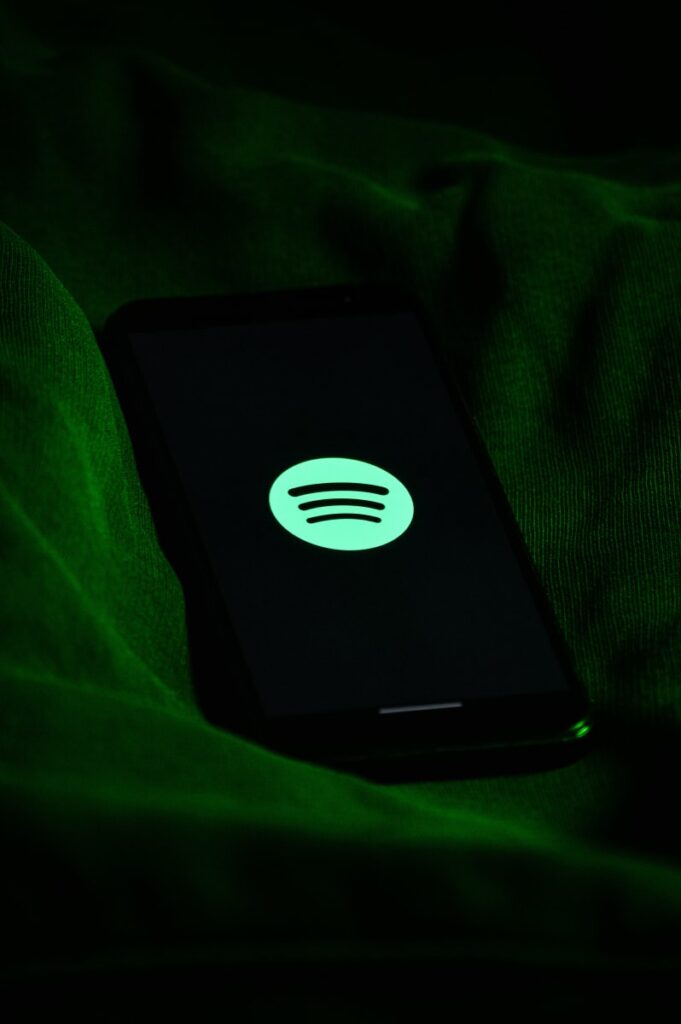Spotify is reportedly planning to implement a new royalty model that would require songs to reach a minimum number of streams before triggering a payout.
According to a report by Music Business Worldwide, significant changes to the streaming giant’s royalty blueprint are coming in early 2024. The most controversial of those would establish a streaming threshold which artists must hit before they get paid anything.
A song would need to earn roughly five cents per month—or about 200 streams—in order to generate payments, per MBW. The tracks that don’t reach that ceiling? Their marginal royalty slices will redirect to Spotify’s “streamshare” pool, which would then be administered to the platform’s more popular artists. The totality of that music amounts to tens of millions in annual royalties, one source said.
The move is expected to “de-monetize a portion of tracks that previously absorbed 0.5% of the service’s royalty pool.” In other words, Spotify wants to reroute these fractional payments, which rarely end up in independent artists’ pockets anyway because aggregators typically require a minimum amount of streams before allowing them to withdraw money.
Spotify is already in conversation with major record labels and music distributors, who will likely green-light the revamped royalty infrastructure, according to Billboard. That news arrives after Universal Music Group’s Q2 earnings call in July, when CEO Lucian Grange announced a “newly expanded agreement” with Spotify that he claimed will benefit “real artists with real fanbases.”
Other high-profile indie artists and watchdog groups aren’t so sure.
“Artists have solutions to fix streaming but Spotify isn’t listening,” the Union of Musicians and Allied Workers said in a statement shared on social media. “Instead they propose changes that will enrich the top of the pyramid even more, and make it even more impossible for working musicians to benefit from streaming.”
Spotify also reportedly has plans to instate changes to combat streaming fraud. Distributors whose songs are flagged for fraudulent activity will be subject to financial penalties, per MBW, who specifically mentioned white noise and nature sounds. These nebulous releases will now require longer play times to generate royalties.
It’s important to note that Spotify has not yet publicly confirmed these changes.
“We’re always evaluating how we can best serve artists, and regularly discuss with partners ways to further platform integrity,” a Spotify spokesperson said. “We do not have any news to share at this time.”
It’s certainly not the first time changes to Spotify’s business model have come under fire. The company’s controversial “Discovery Mode” feature, which offered some artists and labels the chance to boost their playlisting exposure in exchange for a reduced royalty rate, was pervasively condemned in 2021. Members of the United States Congress ultimately lambasted the feature in an open letter to Spotify’s co-founder and CEO, Daniel Ek.
Ek has not yet commented on the reported changes to Spotify’s royalty model at the time of writing.

